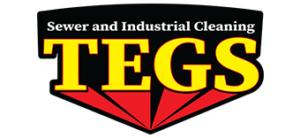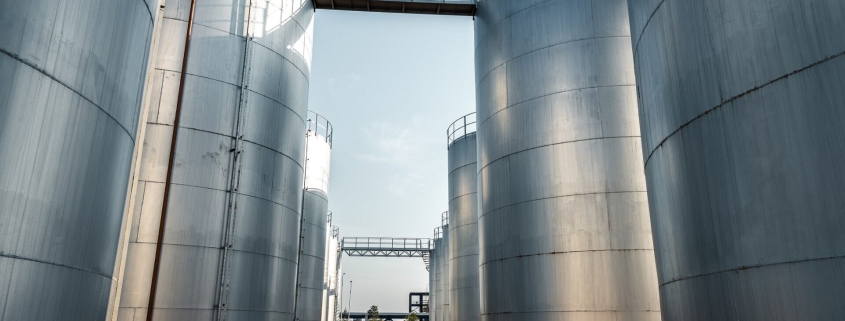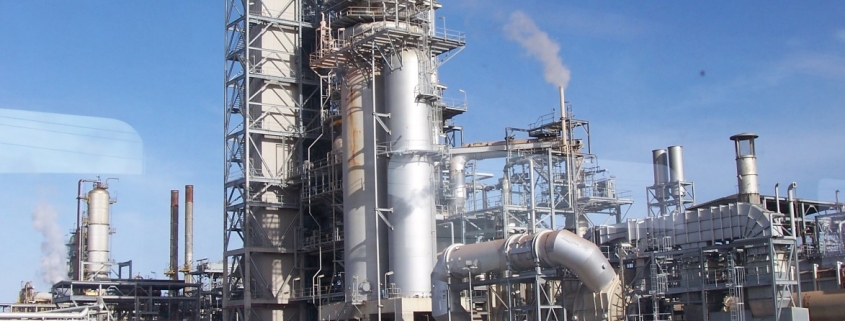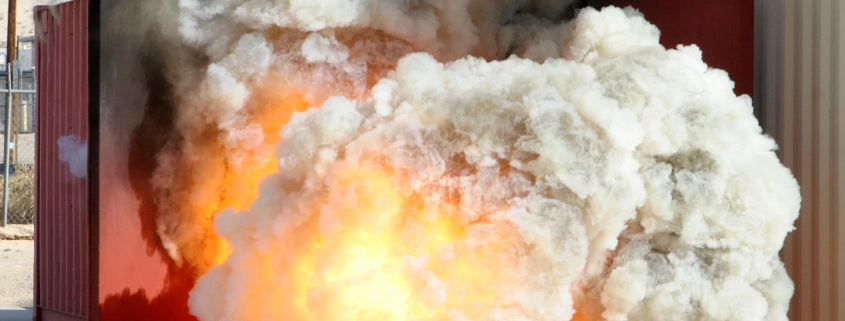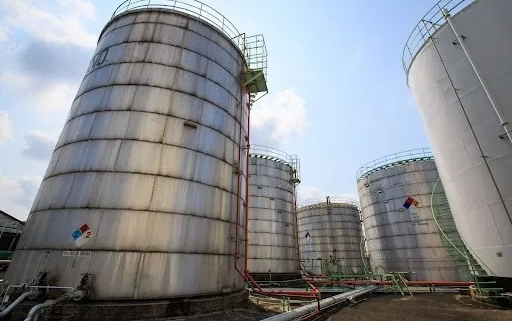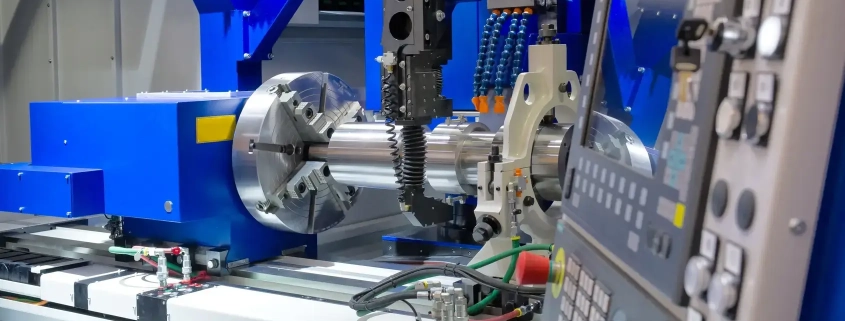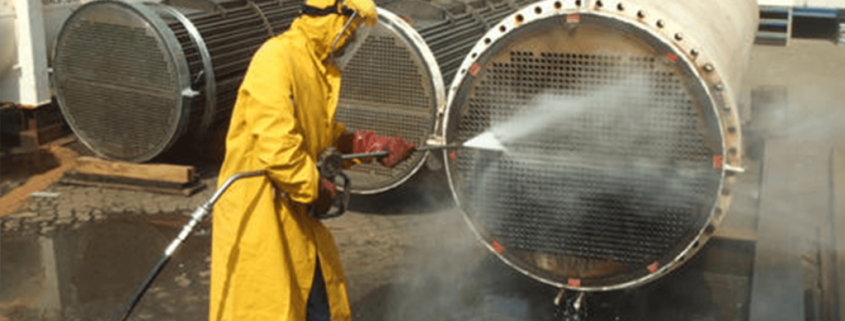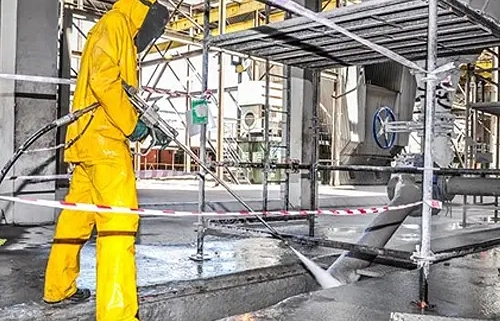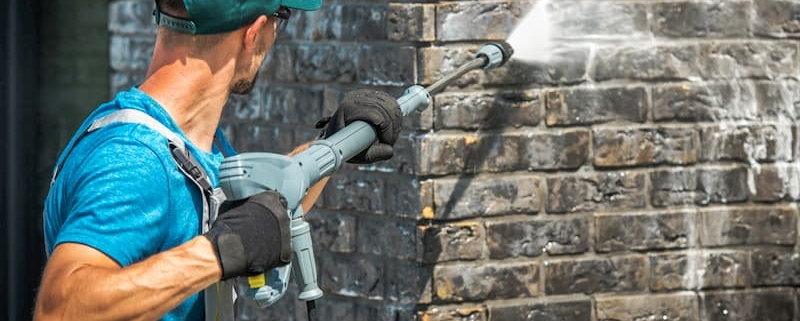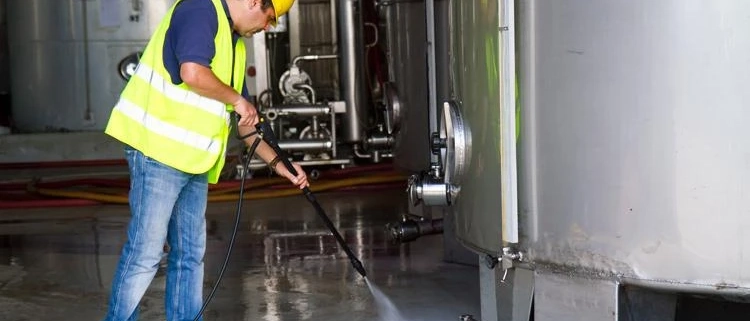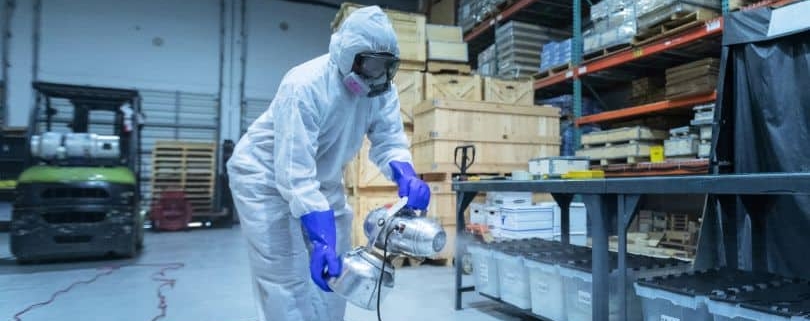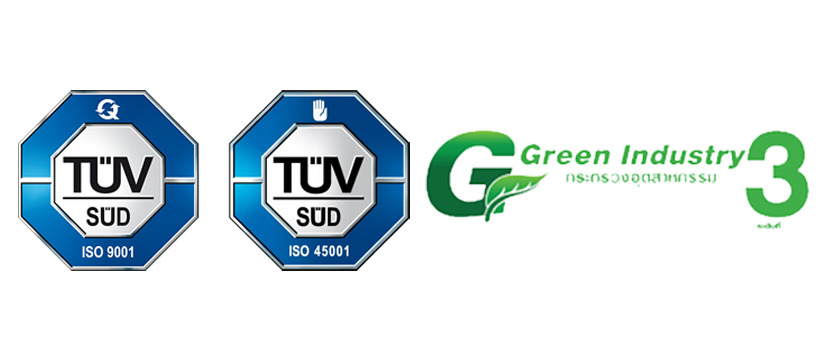Industrial tank cleaning is an essential aspect of maintaining efficient and safe operations in various industries, such as petrochemical, food processing, and pharmaceutical sectors. Over time, residue and contaminants can accumulate within tanks, leading to decreased performance, potential hazards, and non-compliance with industry regulations. TEGS Thailand, a leading specialist in industrial cleaning services since 1992, offers extensive tank cleaning solutions that address the challenges associated with maintaining clean and efficient storage tanks.
In this insightful article, we will explore the significance of professional tank cleaning in the context of industrial operations, shedding light on the complex challenges that can arise from improper cleaning and maintenance. Delve into the world of industrial tank cleaning and discover the advanced techniques and equipment utilised by TEGS Thailand to provide thorough and efficient cleaning services. Gain valuable knowledge on the importance of regular tank cleaning, and learn how TEGS Thailand’s expertise can directly contribute to the long-term success, efficiency, and safety of your industrial facility.
Join us as we dissect the vital role of tank cleaning in sustaining efficient industrial operations and examine the innovative strategies employed by TEGS Thailand to provide the highest standards of tank cleaning services. Understand the intricacies of the cleaning process and equip yourself with the knowledge to ensure your tanks remain clean, safe, and functioning at optimal capacity with the help of TEGS Thailand.
Maximising Efficiency with TEGS Thailand’s Industrial Tank Cleaning Services
1. The Crucial Role of Tanks in Industrial Operations
Tanks play a vital role in various industries by serving as storage and processing vessels for raw materials, intermediates, and final products. Whether utilised for storing crude oil in the petrochemical sector, fermenting wine in the beverage industry, or containing chemicals in pharmaceutical manufacturing, well-maintained tanks are critical for ensuring efficiency, product quality, and compliance with industry regulations.
When tanks become contaminated or experience a build-up of residues, the consequences can be significant, including reduced productivity, safety hazards, and potential product contamination. Regular, professional tank cleaning is essential for mitigating these risks and maintaining optimal operational performance.
2. Challenges in Industrial Tank Cleaning
Cleaning industrial tanks can be a complex and labour-intensive process, particularly when dealing with hazardous materials or residues that are difficult to remove. Some of the challenges associated with industrial tank cleaning include:
– Confined Spaces and Limited Access: Cleaning the interior of industrial tanks often requires working in confined spaces with restricted access, presenting potential hazards for personnel and necessitating specialised equipment for safe and effective cleaning.
– Hazardous Materials: In many cases, the contents of storage tanks can be toxic or hazardous, requiring careful handling and specialised cleaning techniques to minimise risks to personnel and the environment.
– Proper Waste Disposal: Industrial tank cleaning can generate significant amounts of waste in the form of disposed residues or cleaning agents. Ensuring compliant waste disposal while adhering to environmental regulations is an essential consideration.
TEGS Thailand understands the unique challenges posed by tank cleaning in industrial settings and offers comprehensive solutions tailored to their clients’ specific needs, mitigating risks and delivering optimal results.
3. TEGS Thailand’s Expert Tank Cleaning Services
With its extensive experience in delivering reliable industrial cleaning services, TEGS Thailand is well-suited to tackle the challenges of tank cleaning. The company utilises advanced techniques and equipment to provide efficient, thorough cleaning services that enhance productivity and ensure compliance with industry standards. Key features of TEGS Thailand’s tank cleaning services include:
– Confined Space Entry: TEGS Thailand employs skilled technicians who are well-trained in confined space entry procedures, ensuring safe and efficient cleaning of tank interiors.
– Chemical Cleaning and Degassing: To effectively remove stubborn residues, TEGS Thailand utilises chemical cleaning and degassing techniques, making use of safe, non-toxic cleaning agents.
– High-Pressure Water Jetting: Powerful water jetting techniques are employed by TEGS Thailand to eliminate challenging build-up and eliminate potential contaminants in tanks.
– Compliance with Industry Regulations: TEGS Thailand is dedicated to staying up-to-date with evolving industry standards and regulatory requirements, ensuring that their tank cleaning services are fully compliant and adhere to the highest safety standards.
4. Benefits of Professional Tank Cleaning Services
Employing professional tank cleaning services like those provided by TEGS Thailand offers several key benefits for your industrial facility:
– Enhanced Operational Efficiency: Regular tank cleaning ensures optimal performance and efficiency by preventing the accumulation of residue and contaminants within tanks.
– Improved Product Quality: Thoroughly cleaned tanks reduce the risk of product contamination resulting from undesirable residues or cross-contamination between batches.
– Compliance with Regulations: Professional tank cleaning adheres to industry-specific regulations and standards, ensuring that your facility remains compliant and avoids potential penalties and disruptions.
– Workplace Safety: Clean tanks contribute to a safer working environment by minimising hazards associated with potentially toxic residues or contaminated materials.
Secure Long-term Success with TEGS Thailand’s Tank Cleaning Services
Maintaining the cleanliness and functionality of your industrial tanks is essential to securing long-term success for your facility. By partnering with TEGS Thailand for professional tank cleaning services, you can be confident in the knowledge that your tanks will be maintained to the highest standard, providing a safe, efficient, and compliant operating environment.
TEGS Thailand’s commitment to providing tailored, efficient and expert tank cleaning solutions makes them an indispensable partner for unlocking the full potential of your industrial operations. Trust in TEGS Thailand’s experience and expertise to deliver the tank cleaning services your facility needs and secure a brighter, more efficient future for your industrial operations.
